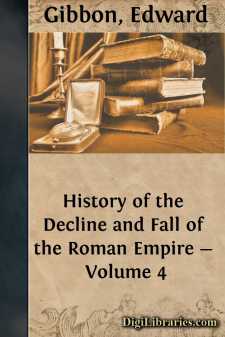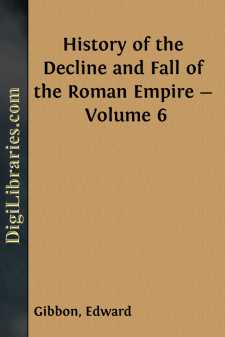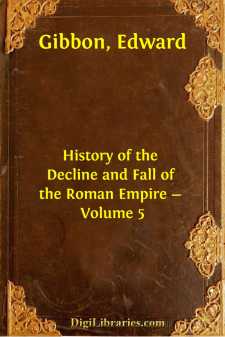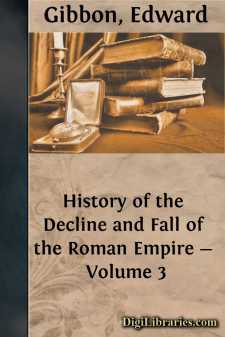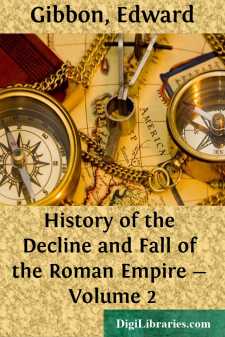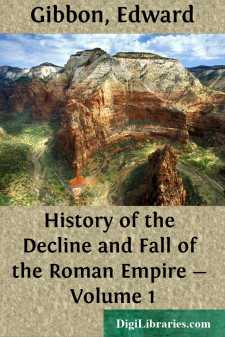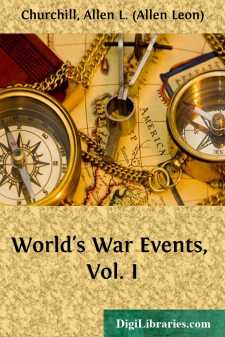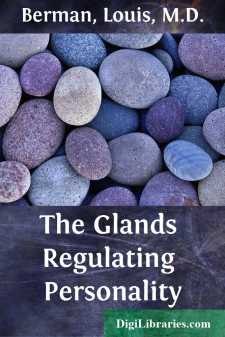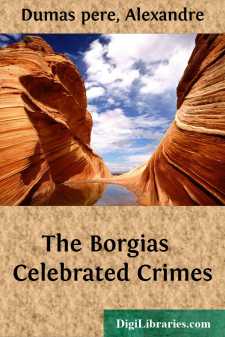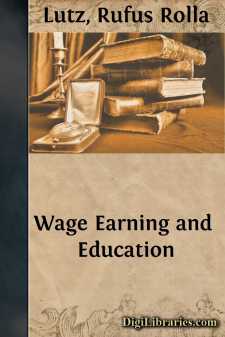Categories
- Antiques & Collectibles 13
- Architecture 36
- Art 48
- Bibles 22
- Biography & Autobiography 813
- Body, Mind & Spirit 142
- Business & Economics 28
- Children's Books 17
- Children's Fiction 14
- Computers 4
- Cooking 94
- Crafts & Hobbies 4
- Drama 346
- Education 46
- Family & Relationships 57
- Fiction 11829
- Games 19
- Gardening 17
- Health & Fitness 34
- History 1377
- House & Home 1
- Humor 147
- Juvenile Fiction 1873
- Juvenile Nonfiction 202
- Language Arts & Disciplines 88
- Law 16
- Literary Collections 686
- Literary Criticism 179
- Mathematics 13
- Medical 41
- Music 40
- Nature 179
- Non-Classifiable 1768
- Performing Arts 7
- Periodicals 1453
- Philosophy 64
- Photography 2
- Poetry 896
- Political Science 203
- Psychology 42
- Reference 154
- Religion 513
- Science 126
- Self-Help 84
- Social Science 81
- Sports & Recreation 34
- Study Aids 3
- Technology & Engineering 59
- Transportation 23
- Travel 463
- True Crime 29
History of the Decline and Fall of the Roman Empire - Volume 4
by: Edward Gibbon
Categories:
Description:
Excerpt
Chapter XXXIX: Gothic Kingdom Of Italy.—Part I.
Zeno And Anastasius, Emperors Of The East.—Birth,
Education, And First Exploits Of Theodoric The Ostrogoth.—
His Invasion And Conquest Of Italy.—The Gothic Kingdom Of
Italy.—State Of The West.—Military And Civil Government.—
The Senator Boethius.—Last Acts And Death Of Theodoric.
After the fall of the Roman empire in the West, an interval of fifty years, till the memorable reign of Justinian, is faintly marked by the obscure names and imperfect annals of Zeno, Anastasius, and Justin, who successively ascended to the throne of Constantinople. During the same period, Italy revived and flourished under the government of a Gothic king, who might have deserved a statue among the best and bravest of the ancient Romans.
Theodoric the Ostrogoth, the fourteenth in lineal descent of the royal line of the Amali, was born in the neighborhood of Vienna two years after the death of Attila. A recent victory had restored the independence of the Ostrogoths; and the three brothers, Walamir, Theodemir, and Widimir, who ruled that warlike nation with united counsels, had separately pitched their habitations in the fertile though desolate province of Pannonia. The Huns still threatened their revolted subjects, but their hasty attack was repelled by the single forces of Walamir, and the news of his victory reached the distant camp of his brother in the same auspicious moment that the favorite concubine of Theodemir was delivered of a son and heir. In the eighth year of his age, Theodoric was reluctantly yielded by his father to the public interest, as the pledge of an alliance which Leo, emperor of the East, had consented to purchase by an annual subsidy of three hundred pounds of gold. The royal hostage was educated at Constantinople with care and tenderness. His body was formed to all the exercises of war, his mind was expanded by the habits of liberal conversation; he frequented the schools of the most skilful masters; but he disdained or neglected the arts of Greece, and so ignorant did he always remain of the first elements of science, that a rude mark was contrived to represent the signature of the illiterate king of Italy. As soon as he had attained the age of eighteen, he was restored to the wishes of the Ostrogoths, whom the emperor aspired to gain by liberality and confidence. Walamir had fallen in battle; the youngest of the brothers, Widimir, had led away into Italy and Gaul an army of Barbarians, and the whole nation acknowledged for their king the father of Theodoric. His ferocious subjects admired the strength and stature of their young prince; and he soon convinced them that he had not degenerated from the valor of his ancestors. At the head of six thousand volunteers, he secretly left the camp in quest of adventures, descended the Danube as far as Singidunum, or Belgrade, and soon returned to his father with the spoils of a Sarmatian king whom he had vanquished and slain. Such triumphs, however, were productive only of fame, and the invincible Ostrogoths were reduced to extreme distress by the want of clothing and food....


